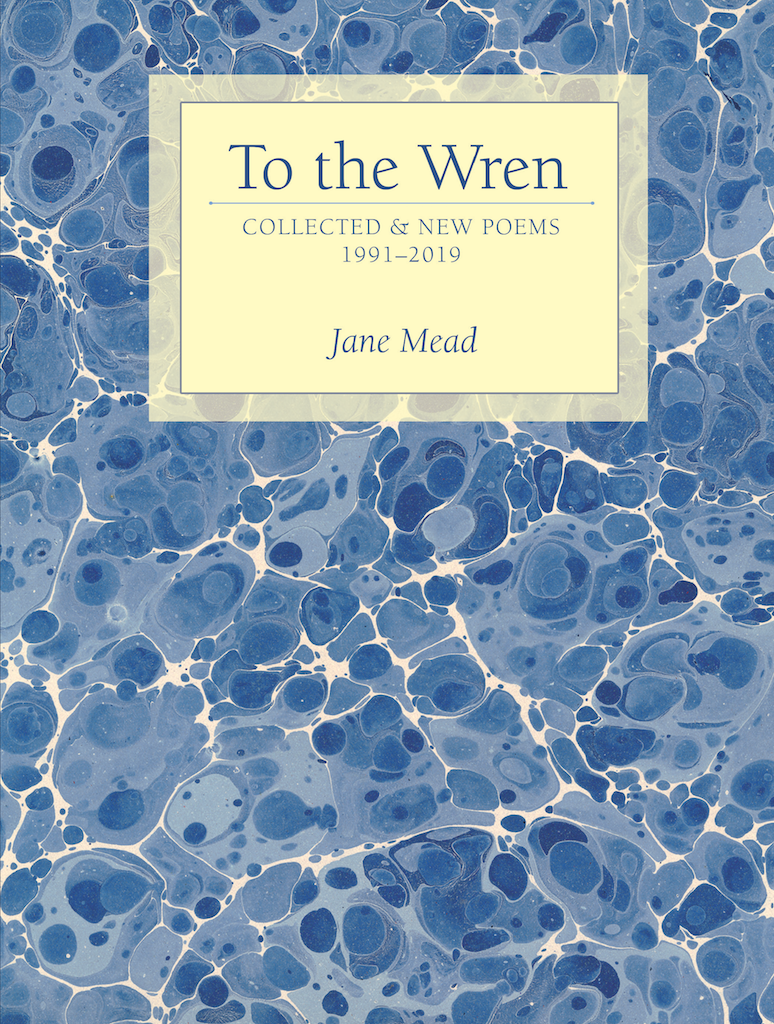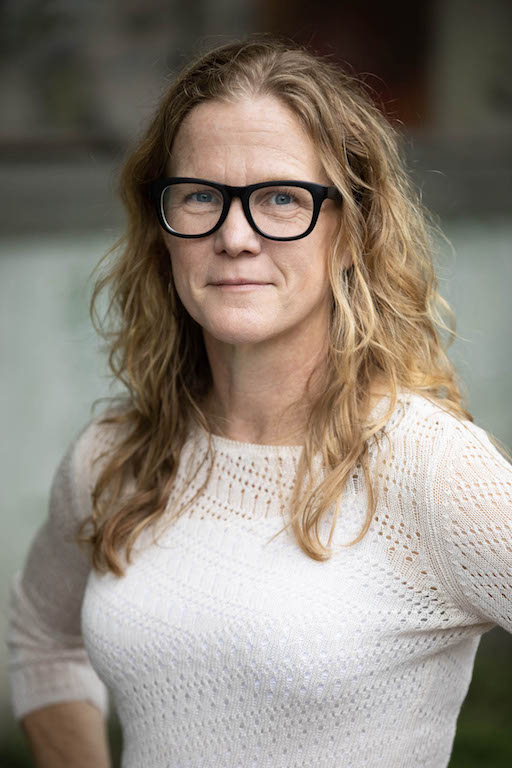I first read Jane Mead’s poem “The Lord and The General Din of the World” early in 1997 while sitting on the floor inside BookWoman, Austin, Texas’s iconic feminist bookstore. It’s the title poem in Mead’s first full collection, and I recall the title being what caught my attention, and even more specifically, the word and.
“The kids are shrieking at the edge of the pool, their angelic faces twisting.” The poem opens via a series of inductive images that are by turn violent, mundane, searching and tender, arguing via conjunction that all of this is happening at once.
At least that’s how it felt. It’s true that I was already a little disoriented. I’d been on the road for days, driving a wood-paneled Buick Electra station wagon named Old Smokey down from Indiana to Texas for a job I didn’t really want. Because I really wanted to be a poet, although I wasn’t sure exactly what that meant. My belongings filled the car, and when one of the bookstore employees glimpsed me brushing my teeth in the parking lot, she came out and tapped on the window, gently offering to let me use their bathroom. I likely appeared homeless and my in-between state also felt somehow part of the poem.
“And under all this now a steady grating—a plastic body of blue cheese dressing / scraping up against the concrete gutter, / bobbing off the aqua, sun-flicked waves / the kids have made by jumping.” Reading these lines again, decades later, I can’t help thinking of Rilke’s famous charge, “…for here there is no place / that does not see you. You must change your / life.”
Can a description of an empty bottle of blue cheese dressing change your life? I wouldn’t have wagered it, but I never forgot that “steady grating” and how Mead’s poem pointed the way forward. Because I didn’t know you could put stuff like that in a poem, by which I mean the stuff my actual life felt made of, let alone hold it right next to God, whoever she was. I had thought being a poet meant I had to learn to write (and see) like Rilke, but now I thought maybe I might try to be (and listen) like Jane Mead. Her contra-dictions thrilled me while the rising and falling of lines into sentence steadied.
“And there’s a man here from Afghanistan / who hasn’t cut his greasy hair since he was driven mad. / His name is Simon. He looks just like The Christ. / Walks up and down beside the pool, oblivious / to screams and parking. He gestures as he talks, / whispers and pontificates. / No one is listening.”
But I was listening, and I listened even closer as the poem’s response to the and-ness of it all turned not ironic or postmodern but rather to its knees in prayer as the speaker seemed to become at once the ranting man and the dirty water and ephemeral light and one final scrap of pure song: “What holds me here destroys me as I go.”
We lost Jane Mead’s wholly original voice and vision this September and I am still listening.




